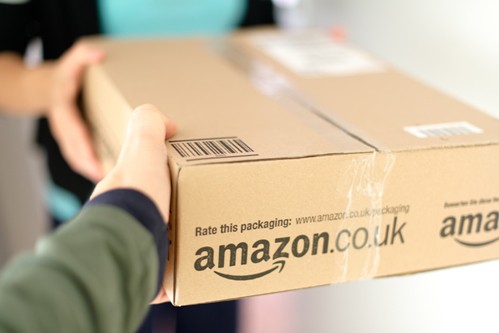Brexit. We’ve seen the unusual word splashed across news feeds, twitter posts, web pages—virtually everywhere—but what does Brexit really mean? Well, Brexit is the combination of two words, “Br” from Britain and “exit”. In essence, it means that Britain is leaving the EU. And without a supplemental deal to ease distribution roadblocks, UK businesses that sell on Amazon have been warned to brace for the potential of a rocky road ahead.
So, what does this all mean for businesses selling on Amazon UK?
FULFILLMENT CHALLENGES
With a break from the EU, the United Kingdom will be treated as a separate entity. Cross channel distribution between the UK and EU will likely end. Currently, inventory in Amazon’s UK warehouses can freely be delivered to anywhere in Europe. Starting March 29th 2019, the free-flowing of goods between the UK and EU could be derailed.

TRANSPORTATION ISSUES
A no-deal Brexit can potentially wreak havoc on cross-border trading resulting in transportation nightmares. Planes may no longer fly between the UK and EU, custom check points will likely be added on roadways, timing restrictions are expected, and heavy taxes and VAT imposed. If goods are within an UK Amazon distribution center, any shipment outside the country is likened to shipping a product from the United States or China, even though it might be to a country right next door.
MARCH 17th DEADLINE SET
In preparation for potential logistical changes, Amazon is urging UK sellers to move products to alternate fulfillment centers within EU countries. This will require rerouting inventory, manufacturing of new products, or substitute distribution plans to keep operations running smoothly. Amazon has recommended for shipments to arrive in EU warehouses by March 17 2019 and to maintain 4 weeks of inventory –this is within their standard inventory recommendation.

DISTRIBUTION HEADACHES REMAIN IMMINENT
Although the UK vote for separation was cast almost two years ago, the outlook remains bleak for a supplemental deal to pass. And without a deal, the UK will separate from the EU on March 29th 2019. Obviously there are increased manufacturing and logistical costs for acting now—especially if a deal does go through to ease logistical pains. But, what if one doesn’t? What are the pros and cons to your UK business? The decision to act now might result in more EU inventory and upfront costs, but the alternative is to risk losing sales by not meeting demand. And that’s a decision only for the business owner.